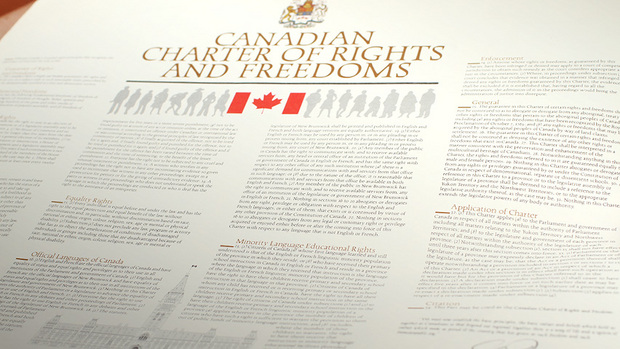Travelling with a Criminal Record
Your ability to travel to other countries while you have a criminal record will depend upon the policies of the country you wish to travel to. Depending on the country you wish to travel to, there are various factors may impact your ability to travel, including;
- The criminal offences which you have been convicted for.
- The length of time since your last criminal conviction.
- The sentence you receive for any criminal offences you were convicted of.
Travelling to Europe with a Criminal Record
Travelling with a criminal record to Europe is generally easier than trying to travel to the United States with a criminal record. If you are traveling for 90 days or less you are not required to apply for a visa, and it is unlikely that you will be asked about a criminal record when you enter. Many countries in Europe are part of the European Union and you are permitted from travelling from one country to another without going through customs, which means you should not have a problem travelling with a criminal record once you have gained entry into one of these countries.
If you are travelling for more than 90 days, you will be required to apply for a visa. When you apply for a visa, most countries will ask whether you have any criminal convictions. Depending upon the country and your criminal record, you may be denied a visa. However, minor criminal offences will generally not prevent you from obtaining a visa if you plan to stay longer than 90 days. If you are applying for a visa you should check with the country you will be travelling to about whether you might be denied entry.
Travelling to the United Kingdom with a Criminal Record
Although part of Europe, travelling with a criminal record to the United Kingdom can be much more difficult than travelling to other countries in Europe. If you are travelling with a criminal record, the United Kingdom will determine whether you conviction has been “spent”. The term spent essentially means whether enough time has passed that you are now considered rehabilitated. While there is information available online regarding how much time must have passed before your criminal record is spent, you should contact the appropriate officials in the United Kingdom to determine whether you may be denied entry based upon a prior criminal conviction.
Travelling to the United States with a Criminal Record
Travelling with a criminal record to the United States can be difficult. The United States will not permit a person to enter the country if that person has been convicted of a crime of moral turpitude. While there is no standard definition of a crime of moral turpitude, it is generally understood to mean a crime that offends the community’s standards of morality and honesty.
Many, but not all criminal offences are considered by the United States to be crimes of moral turpitude. While there is no exhaustive list of what exactly the United States considers to be crimes of moral turpitude, the following are some examples of criminal offences that may prevent you from travelling to the United States;
- Murder or Manslaughter
- Sexual Assault
- Aggravated Assault
- Possession for the Purpose of Trafficking or Trafficking a Controlled Substance
- Any involvement in Terrorism-related offences
- Theft
- Robbery
- Bribery
- Forgery
- Fraud
Some examples of criminal offences which are generally not considered crimes of moral turpitude by the United States are;
- Simple Assault
- Mischief
- Impaired Driving
- Break and Enter
However, where you have more than one conviction for any of these offences, you could be denied entry into the country. Even if you were convicted for a crime of moral turpitude many years ago, you can still be denied entry into the United States.
While you can apply to the United States Customs and Border Protection for a temporary waiver of inadmissibility, there is no guarantee that you application will be allowed. An application for a temporary waiver of inadmissibility is expensive, and you can expect to pay about $585. The application process can also take up to a year, so you will need to have your trip planned out well in advance.
Neither a pardon nor a criminal record suspension in Canada is recognized by the United States. United States Customs can access records held with the Canadian Police Information Centre (CPIC), and once Customs has been alerted to your criminal record, your criminal record may be kept in U.S. databases and will not be removed even if you receive a criminal record suspension. This is why it is important to obtain a criminal record suspension prior to attempting to travel to the United States.
Even if you do not have a criminal conviction but you have been before our criminal courts (i.e. you received a peace bond, a discharge, the charges against you were withdrawn or you were found not guilty) you should consider waiting until these records are removed from CPIC. Record of peace bonds and discharges are automatically removed from after a period of time.
Contact
Contact me today if you have any concerns about travelling with a criminal record.
Follow the link for more information on Criminal Record Suspensions.













